Board games have a way of turning anyone into a self-declared genius—at least for a night. But behind the bold moves and table-pounding declarations of victory, some games are quietly laughing at us. That’s because certain titles are built to reward confidence more than actual skill. Whether it’s a bluff that lands just right or a lucky roll disguised as strategy, these games create the perfect stage for players to act like masterminds while the mechanics do most of the heavy lifting. In this list, we’re spotlighting 10 board games where bravado often steals the show—games that let you feel brilliant, even when the odds are quietly doing the work. If you’ve ever lost to someone who talks a big game (but couldn’t explain the rules if their life depended on it), you’ll know exactly what we mean.
1. Poker: Bluffing and Psychology

Poker stands as a quintessential example of a game where confidence can eclipse skill. While seasoned players understand the nuances of probability and psychology, novices often find success through sheer audacity. This card game thrives on the art of bluffing—projecting confidence to mask uncertainty or weak hands. The psychological warfare inherent in poker allows players to manipulate opponents, making them question their own judgments. The skill in poker lies not merely in the cards but in reading people and situations, making it a game where outward confidence can sometimes substitute for experience and expertise.
2. Monopoly: The Illusion of Financial Acumen
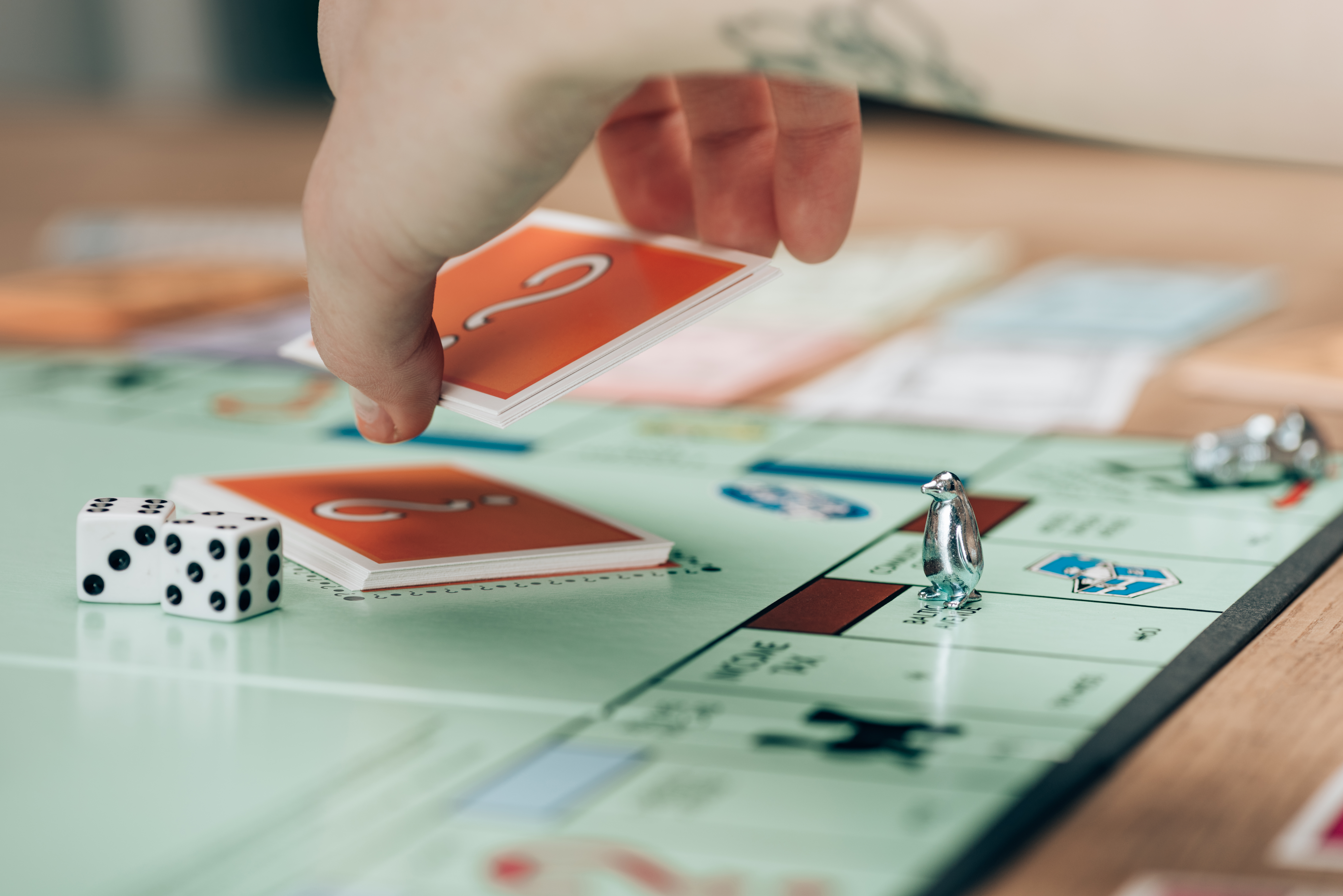
Monopoly is a game that seemingly rewards financial savvy, yet its reliance on dice rolls and chance cards often overshadows strategic depth. Players boast about their property empires and negotiation skills, but the game’s unpredictability means that luck often dictates outcomes. The confidence players exude while amassing wealth and bankrupting opponents can mask the reality that fortunes can change with a single unlucky roll. Monopoly’s design encourages players to focus on amassing and managing resources, yet its random elements ensure that even the most confident tycoon can fall victim to chance.
3. Risk: The Strategy of Domination and Chance
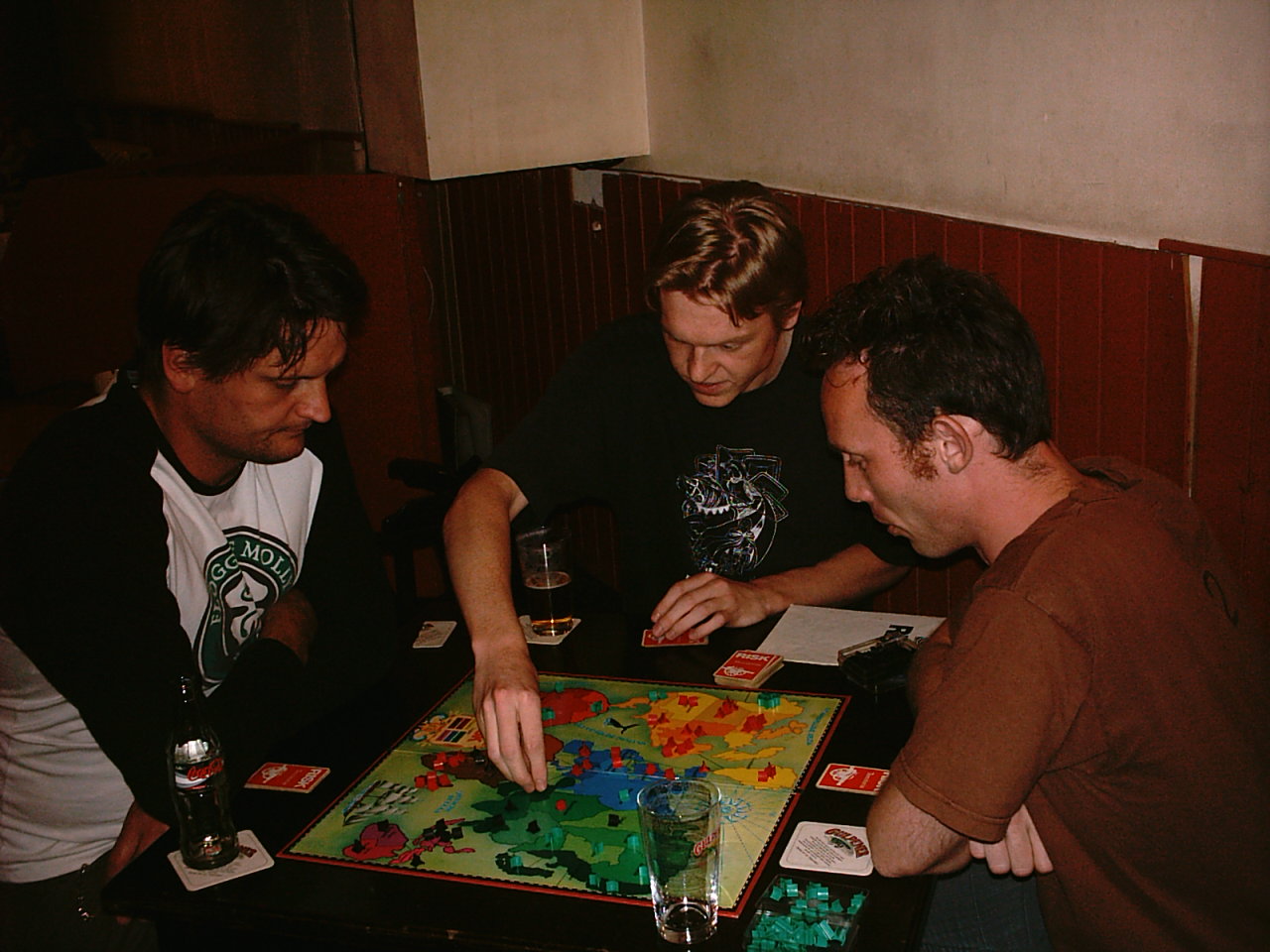
Risk is a game of global conquest, where players exude confidence in their strategic prowess. However, beneath the surface lies a reliance on dice rolls that can dramatically alter the course of the game. While strategic planning is crucial, the randomness of battles means that even the most meticulously crafted plans can be thwarted by a poor roll. Players often project confidence to intimidate opponents, but the hidden truth is that success in Risk often hinges as much on luck as on strategic acumen, making it a game where skill is subtly intertwined with chance.
4. Scrabble: Vocabulary and the Element of Luck
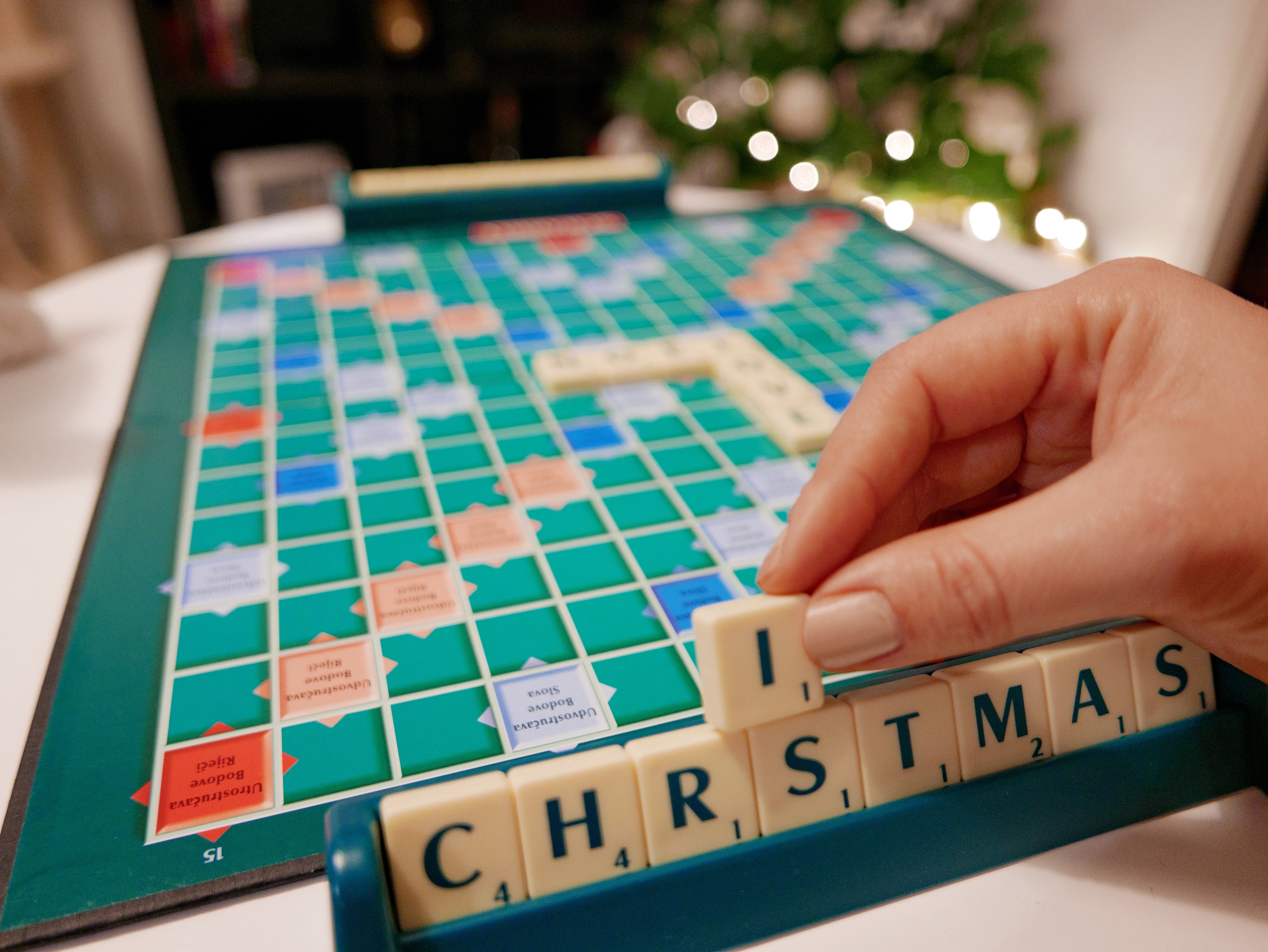
Scrabble is celebrated as a game of vocabulary and wordplay, yet the luck of the draw plays a significant role in determining success. Players often project confidence in their linguistic abilities, but the tiles they draw can either bolster or hinder their performance. While a vast vocabulary is advantageous, the ability to strategically place words on the board is equally important. Scrabble challenges players to adapt and improvise, masking the fact that even the most confident wordsmiths can be stymied by a poor selection of tiles.
5. Settlers of Catan: Trade, Strategy, and Chance
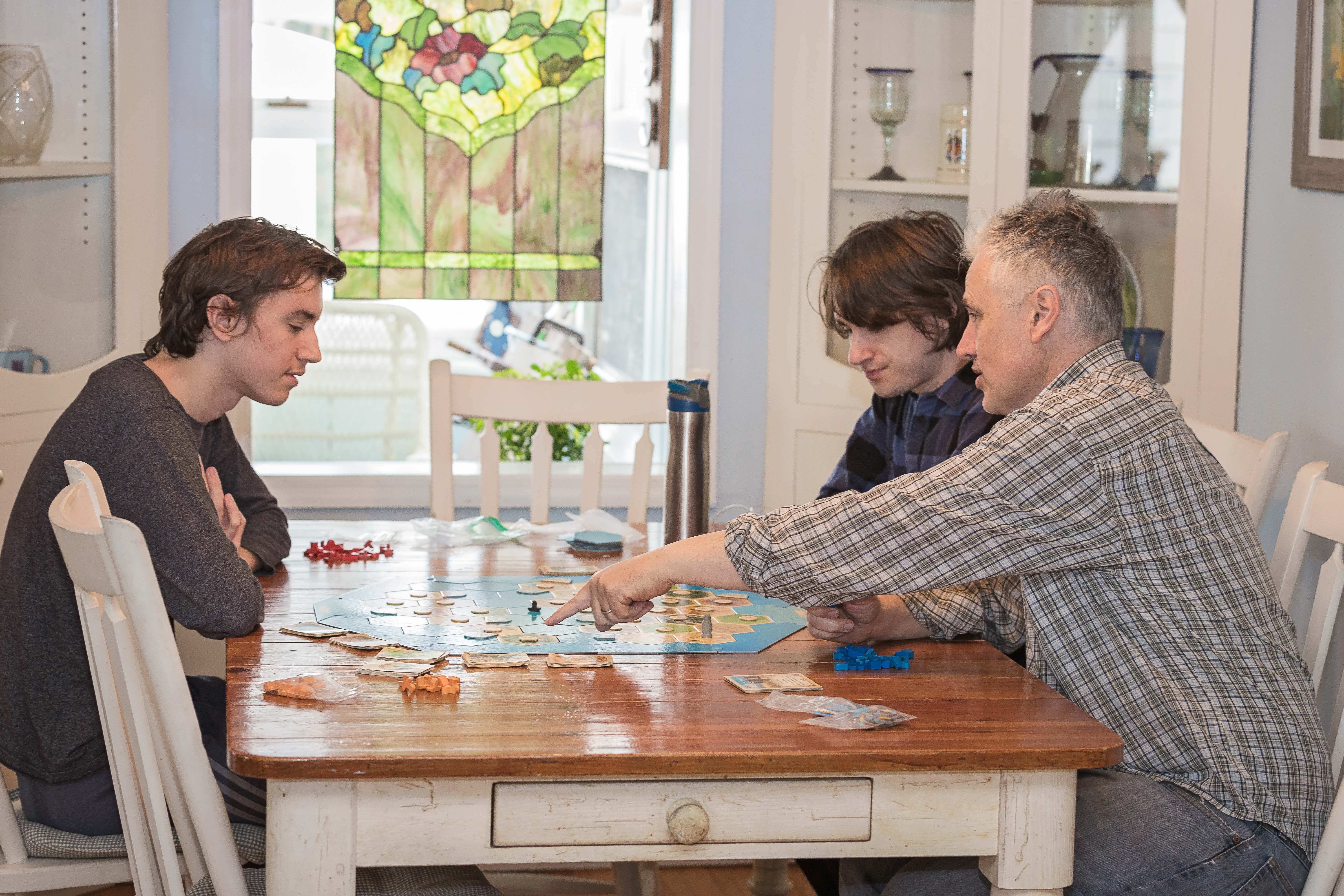
Settlers of Catan is renowned for its blend of strategy, negotiation, and resource management. Players project confidence as they build settlements and trade resources, yet the game’s reliance on dice rolls introduces an element of chance. The randomness of resource production can disrupt even the most well-laid plans, requiring players to adapt on the fly. While strategic thinking and negotiation are vital, the hidden influence of luck ensures that confidence in Catan often masks the game’s unpredictable nature, where skill and chance are inseparably linked.
6. Clue: Deduction and the Role of Luck

Clue is a classic whodunit game that emphasizes deduction and reasoning. Players exude confidence as they piece together clues to solve the mystery, yet the game’s mechanics introduce elements of chance that can affect outcomes. The distribution of cards and the roll of the dice can either aid or hinder a player’s progress, making it a game where the appearance of skillful deduction often conceals the influence of luck. Clue challenges players to think critically, but the underlying randomness ensures that even the most confident sleuths must contend with uncertainty.
7. Jenga: Precision and the Unexpected
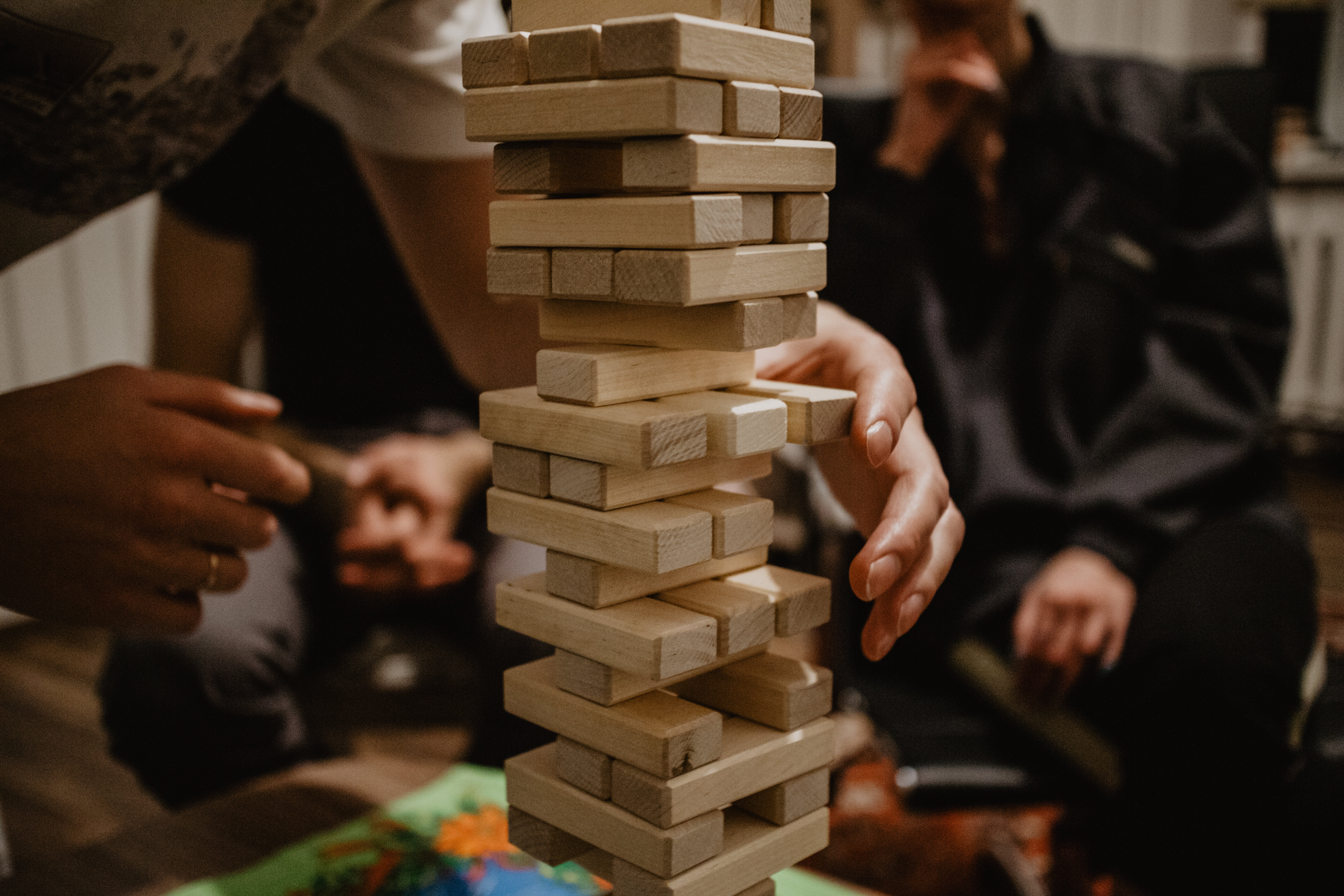
Jenga is a game of physical skill and precision, where players take turns removing blocks from a tower without causing it to topple. Confidence is key as players boast about their steady hands and strategic block choices. However, the game’s unpredictability means that even the most confident players can be caught off guard by a block that behaves unexpectedly. Jenga’s simplicity masks the subtle complexities of weight distribution and balance, making it a game where outward confidence can quickly crumble in the face of unforeseen challenges.
8. Uno: Simplicity and the Luck of the Draw
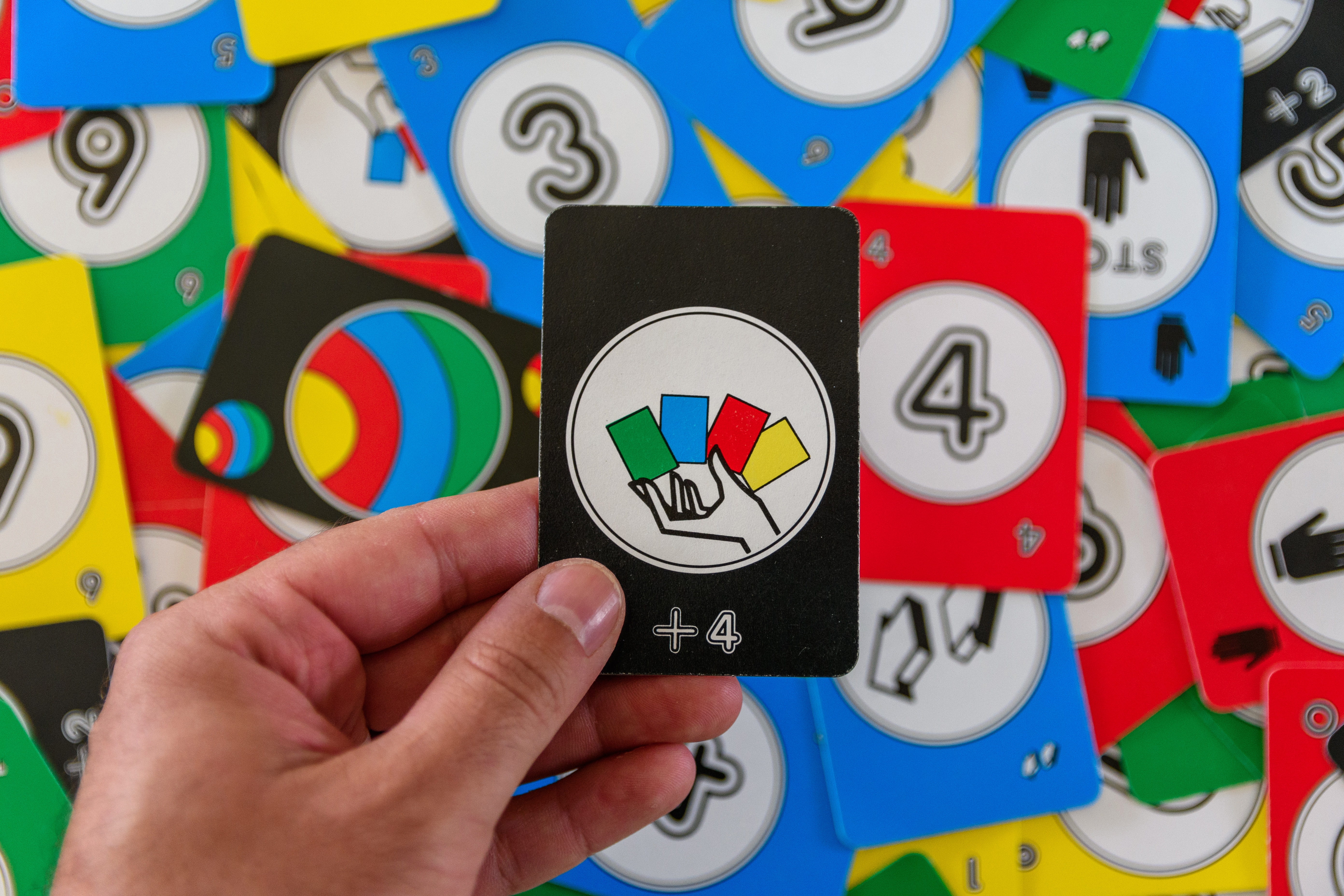
Uno is a fast-paced card game where players race to be the first to empty their hands. Confidence abounds as players strategize and play their cards, yet the game’s reliance on the luck of the draw means that outcomes can be unpredictable. The simplicity of Uno masks the fact that even the most confident players can be thwarted by a poorly timed draw or an unexpected card from an opponent. While strategic play is important, the hidden influence of luck ensures that confidence in Uno often belies the game’s true nature.
9. The Game of Life: Choices and Randomness
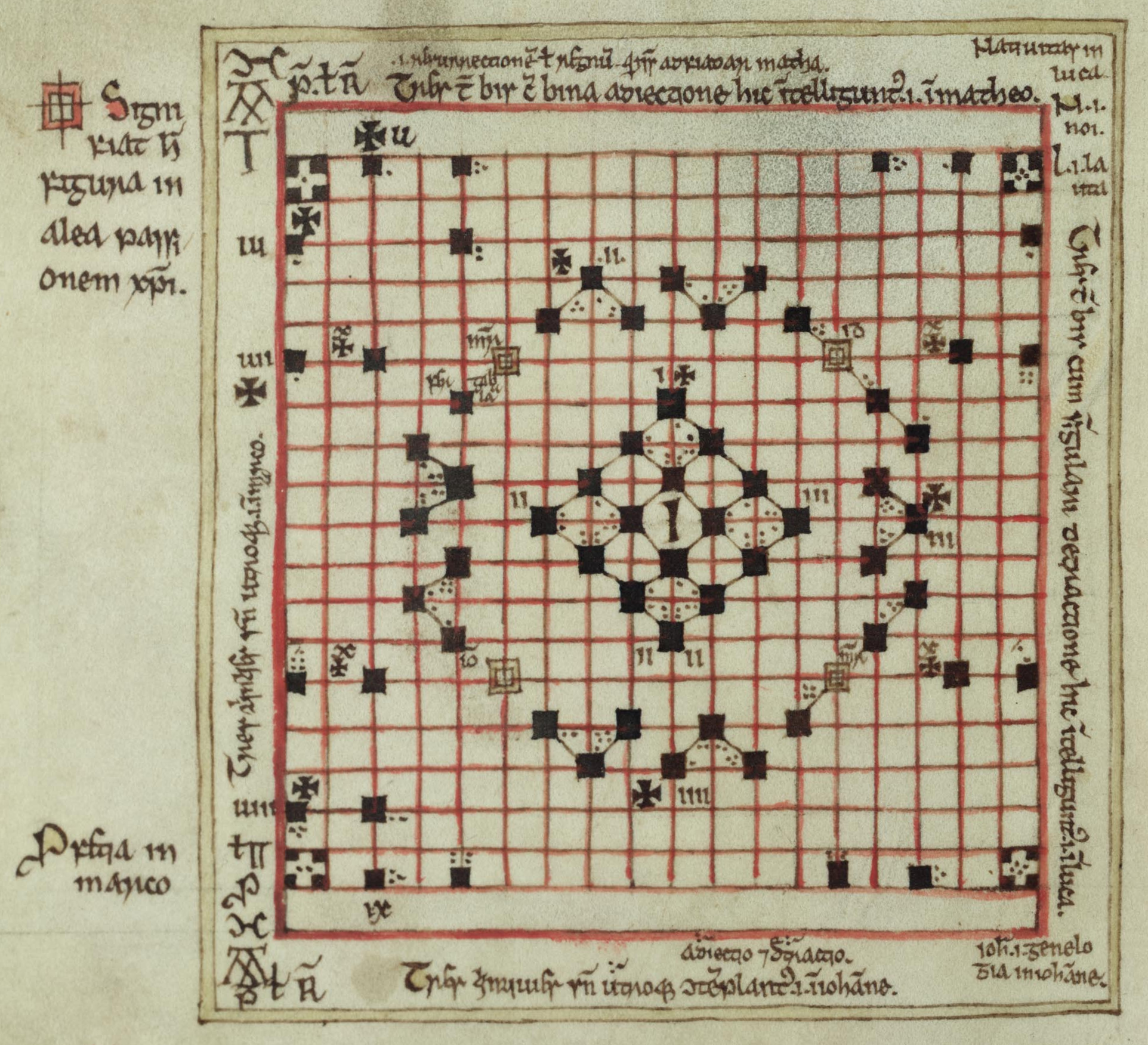
The Game of Life simulates a journey through adulthood, with players making choices about careers, family, and finances. Confidence in decision-making is crucial as players navigate the game’s twists and turns. However, the spin of the wheel introduces an element of randomness that can upend even the best-laid plans. While players project confidence in their life choices, the game’s design ensures that luck plays a significant role in determining outcomes. The Game of Life highlights the interplay between choice and chance, where confidence often masks the underlying unpredictability.
10. Liar’s Dice: Deception and Probability
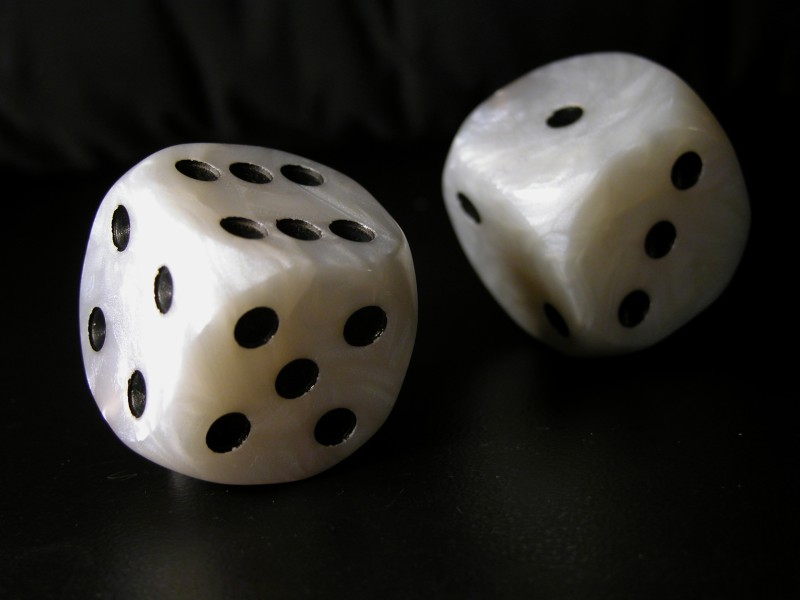
Liar’s Dice is a game of deception, probability, and bluffing. Players confidently make bids about the number of dice showing a certain face, while secretly questioning their own assertions. The game thrives on the tension between truth and deceit, with players projecting confidence to mislead opponents. The skill in Liar’s Dice lies in reading others and calculating probabilities, yet the hidden influence of luck means that even the most confident bluffer can be caught in a lie. The game’s simplicity belies its depth, making it a captivating blend of confidence and uncertainty.
Between Confidence and Hidden Skill
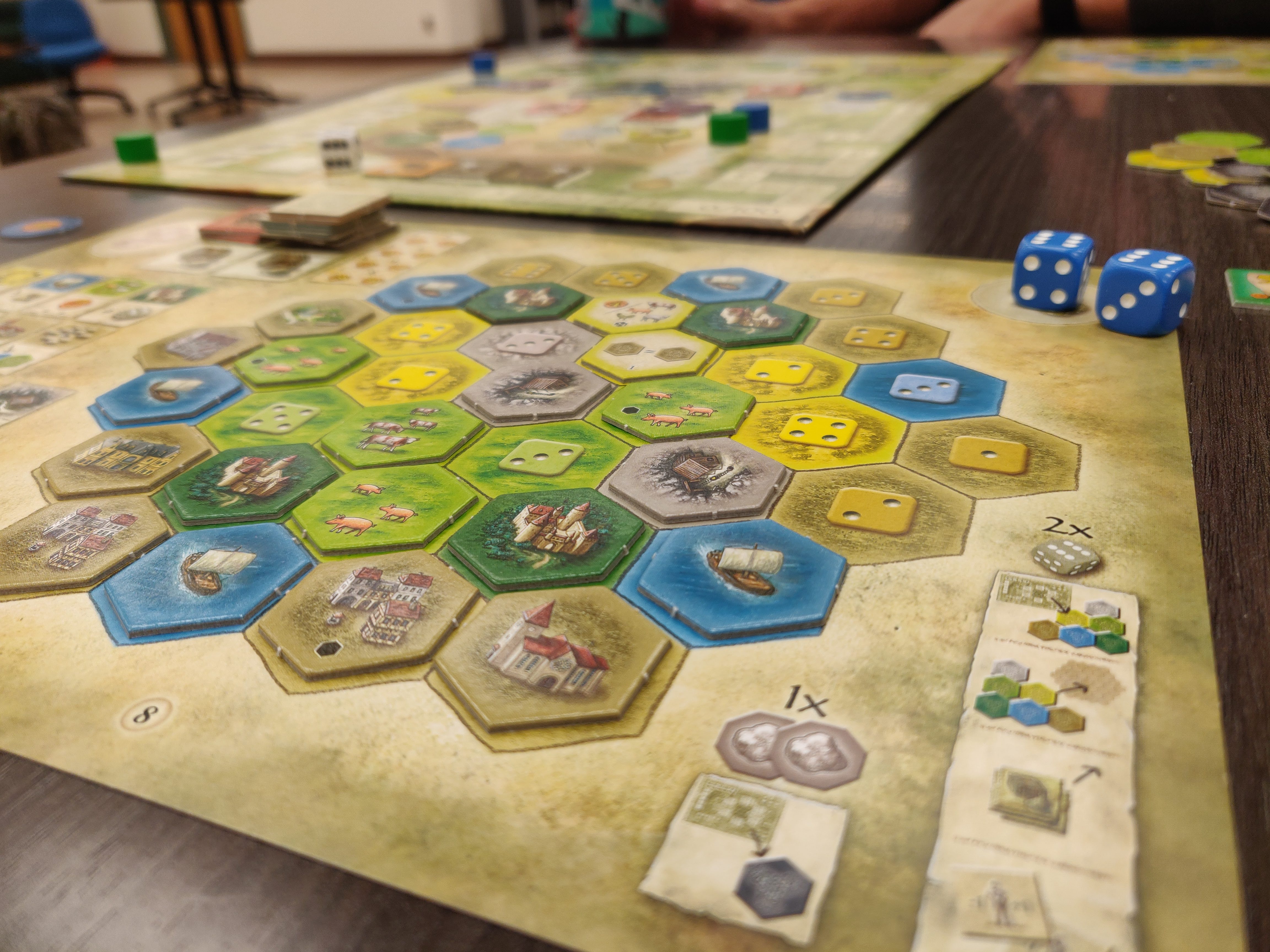
In exploring these 10 board games, we uncover a fascinating dynamic where confidence often overshadows the skill required to succeed. Each game presents a unique blend of strategy, chance, and interaction, challenging players to navigate the delicate balance between outward bravado and hidden complexities. While confidence can be a powerful tool in these games, it is the subtle interplay of skill and luck that truly defines the experience. As players engage in this dance of confidence and hidden skill, they are reminded that board games are not just about winning, but about the joy of the journey and the thrill of the unexpected.







